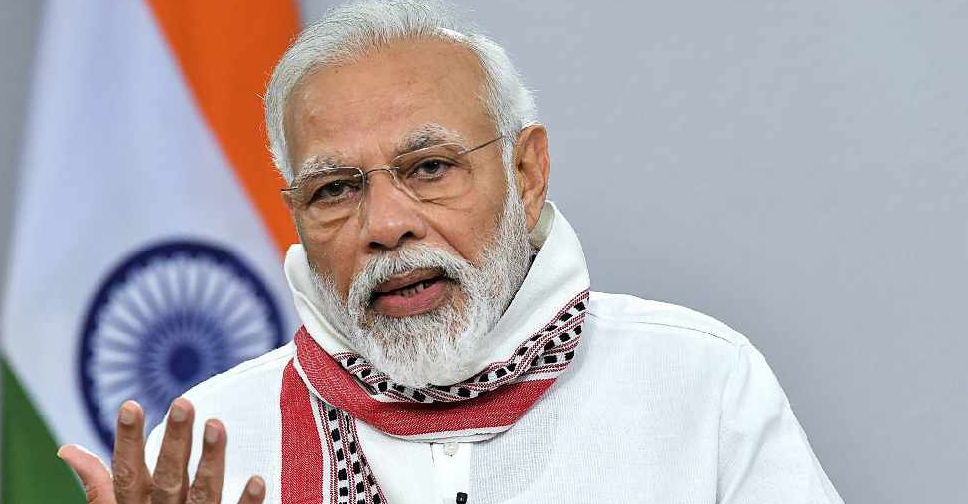
Indian Prime Minister Narendra Modi will meet with state chiefs on Thursday on containing a possible surge of Omicron cases ahead of the festive season, as gatherings in public spaces and markets grow in size.
India has recorded 236 Omicron coronavirus cases across 16 states over the last 24 hours, the federal health ministry said, more than double from last week.
Ahead of Modi's meeting, in a second advisory issued this week, the federal government urged states to impose curbs lasting for almost a fortnight should there be a risk of an outbreak.
"The Centre has advised States and UTs (union territories) to not let their guard down and maintain their preparedness for fighting COVID19 (and its variants) in view of the new variant Omicron," the government said in a statement.
While more than half of India's adult population is fully vaccinated, hundreds of millions are still at risk. Doctors warn that if an Omicron-fuelled third wave of infections hits the country, medical facilities could be over-run very quickly.
Modi's government came under scathing criticism during the summer when India's health system was overwhelmed by a deadly second wave that killed tens of thousands of people.
Residents in the capital New Delhi scrambled for beds as oxygen supplies ran out and ambulances fell short and morgues ran out of space.
This week, authorities in New Delhi announced a partial ban on public celebrations for Christmas and New Year's Eve in a bid to prevent overcrowding.
A senior police official in Delhi said about 300-350 officers had been deployed to enforce COVID-19 protocols, mainly to crack down on crowds in market places, where shoppers have been thronging without masks.
"We have briefed our men on the ground to step up enforcement," said Deepak Yadav, deputy commissioner of police for the New Delhi district.
Other states are also urging people to follow social distancing norms.
Earlier this week, the health department in the southern state of Karnataka - among five states reporting the highest number of Omicron cases - barred churches from using roads or public places to accommodate people during mass or for other celebrations.



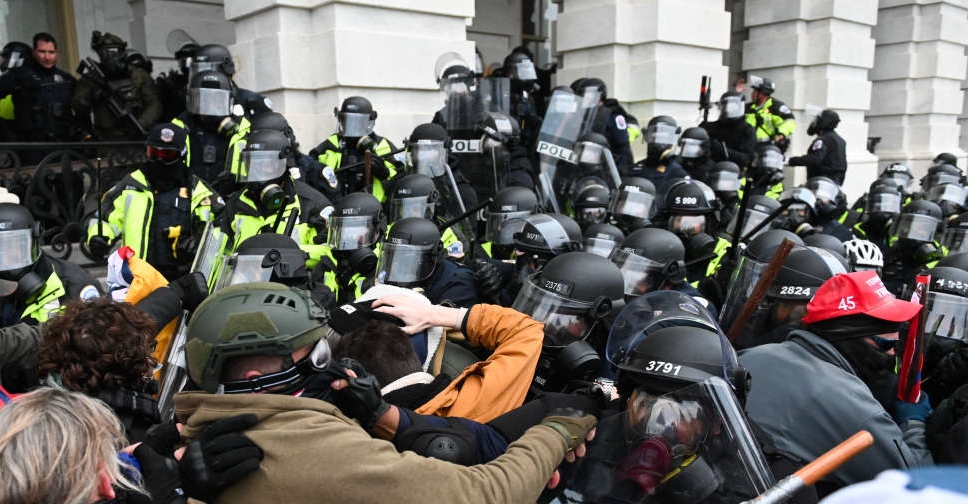 US Justice report finds Trump engaged in 'criminal effort' to overturn 2020 election
US Justice report finds Trump engaged in 'criminal effort' to overturn 2020 election
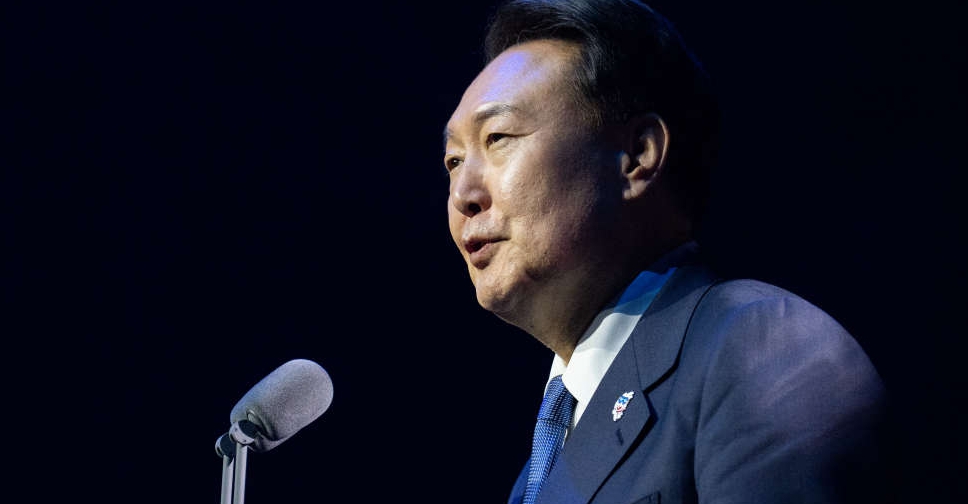 Impeachment trial of South Korea's Yoon adjourned
Impeachment trial of South Korea's Yoon adjourned
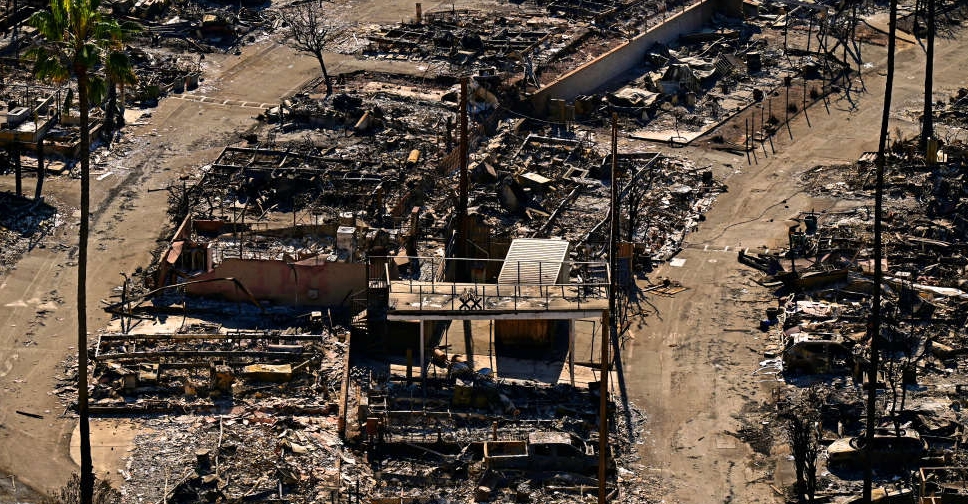 Los Angeles utility sued for Palisades Fire water shortage
Los Angeles utility sued for Palisades Fire water shortage
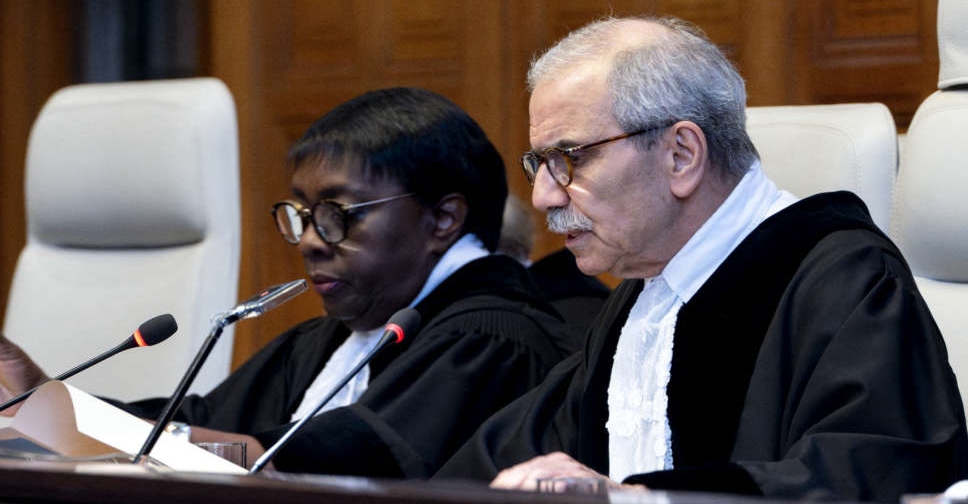 Lebanon's Nawaf Salam to be designated PM
Lebanon's Nawaf Salam to be designated PM
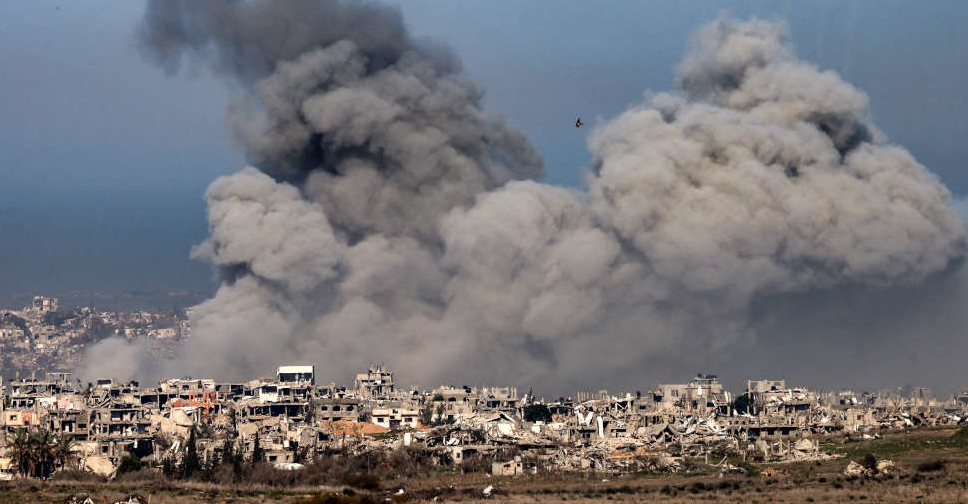 Qatar hands Israel, Hamas 'final' draft of Gaza ceasefire deal
Qatar hands Israel, Hamas 'final' draft of Gaza ceasefire deal







